Chemical recycling on the road to 2030
ICIS chemicals roundtable series – Chemical recycling, April 2022

“We think advanced recycling and bringing that to scale is critically important to driving circularity in plastics.”
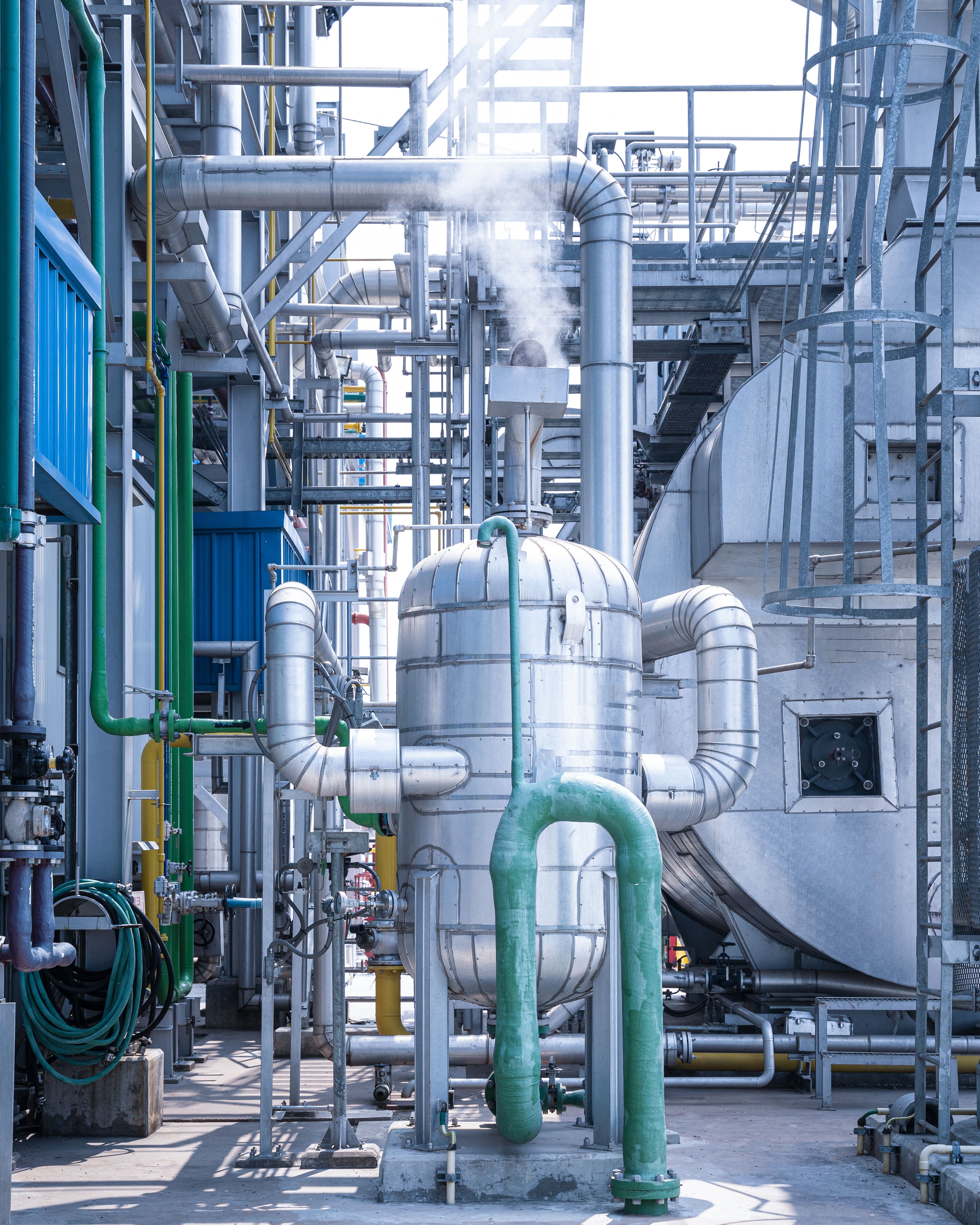
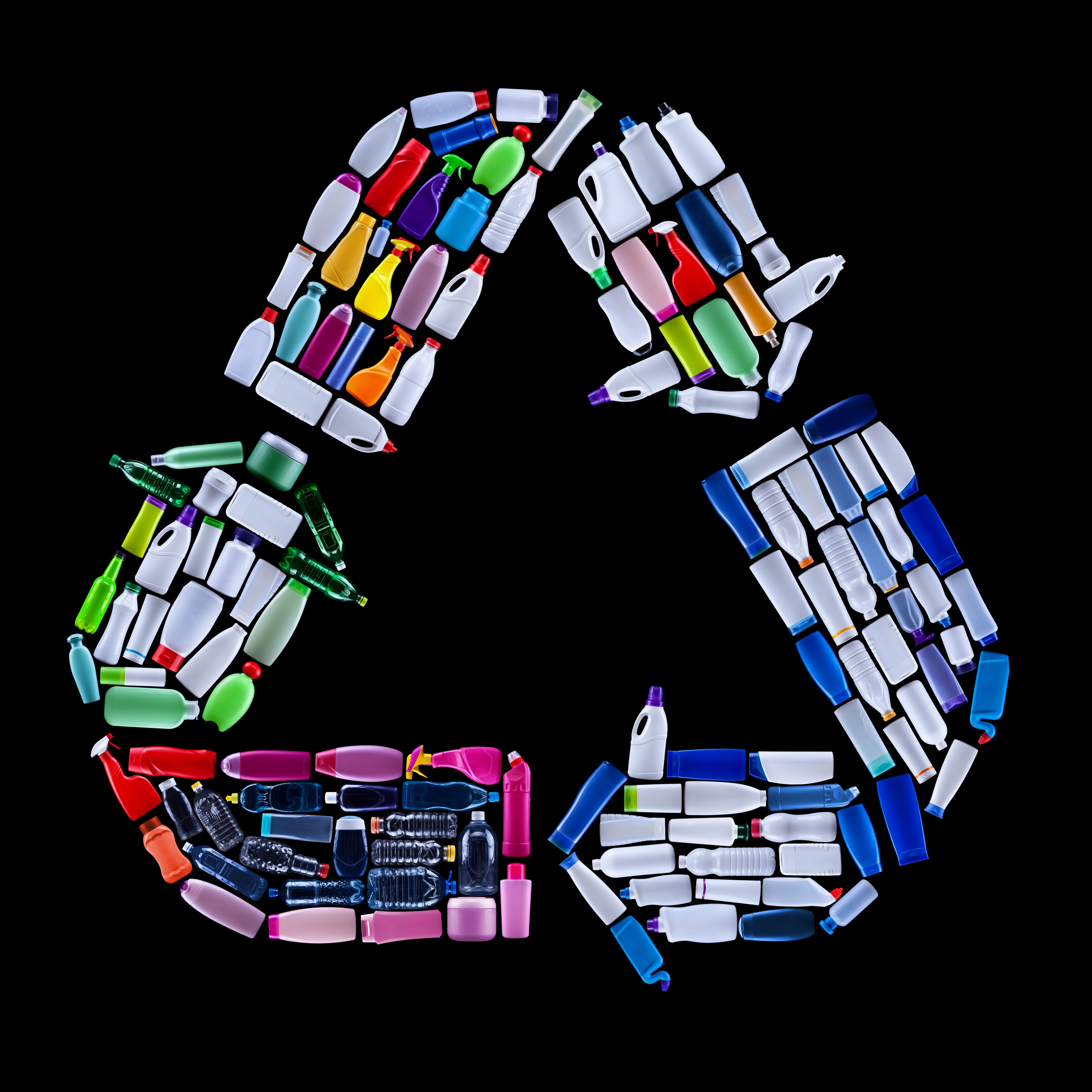
For many years, mechanical recycling has been the more dominant process in the recycling market. Yet, the complexities around waste collection, the quality and composition of existing feedstocks, and a limit to the number of times molecules can be reprocessed, can increase the risk to brand owners’ hopes for meeting longer-term, ambitious sustainability targets.
Chemical recycling, also known as advanced or molecular recycling, could potentially have merits in terms of providing that desired long-term solution. In simple terms, it is the process by which plastic is broken down into an earlier molecular state to provide new materials. In reality, it is an umbrella term for multiple recycling methods that provide routes to create new materials from waste.
Chemical recycling benefits from an influx of investment into the sector and has the potential to process large volumes of waste material that cannot be mechanically recycled, providing an attractive prospect for both producers and buyers across the value chain.
These technologies dovetail suitably into a global industry, searching for a solution to its supply and demand deficit. Brand owners and chemicals companies now need chemically recycled plastics to meet their ambitious post-consumer recycled (PCR) content targets, with converters pushing producers for higher and higher volumes of non-fossil-based feedstocks in the chain, sparking a wave of interest among many players:
“At this stage, we’re trying to build some early examples, so we’re telling all the resin producers, ‘bring me all the advanced recycling you can. We’ll… sell to every brand owner’,” said Rob Flores, Vice President of Sustainability at packaging producer Berry Global, who spoke on a panel at the IPC. Current subscribers, click here to view the full insight.
Non-subscribers, speak to us to find out more:

In 2021, the ICIS Mechanical Recycling Supply Tracker identified just over 2,500 mechanical recyclers globally, of which 24% are responsible for 70% of the total capacity of 49m tonnes/year. The research includes recycled PET (R-PET), recycled PE (R-PE), and recycled PP (R-PP).
The ICIS Analyse service also projects analytics and pricing for R-PET, giving foresight for business planning. This breadth of data is particularly relevant amidst the recent COVID-19 disruption to the supply chain:
“With ICIS Analyse you can understand full pricing history data, as well as the future forecast of R-PET and virgin PET. This is significant because in the pandemic there were drastic changes to the supply chain that weren’t what we understand as ‘normal.
If you don’t have the complete picture, and the three-to-five-year view of data, you’ll be basing your planning and budgets from the outdated pandemic scenario, which was erratic in many cases.”
Recently, around 20 chemicals and recycling experts at ICIS met to evaluate producers’ position in the chemical recycling and sustainability landscape, what the industry implications might be and where ICIS can support positive progress.
How does it compare to traditional mechanical practices, and is it complimentary? Is it the global panacea for producers' sustainability challenges? Ultimately, where and how can chemicals companies play, and how do you assess your strategies?
Speak to us to find out more about ICIS' chemicals forecasting and analytics:
“At the moment in Europe, there’s a lack of recognition for chemical recycling under the EU's waste framework directive, which forms the basis of recycling definitions throughout the majority of EU legislation. This means that chemical recycling may not count towards legally mandated recycled content targets."
Mark Victory, Senior Editor, Recycling, ICIS
“One of the key discussion points in our recycling team is: can chemical recycling contribute to the sustainability agenda at this point in time?
In some ways, it is relevant, because it can still contribute to end users achieving their own targets. It just might not contribute to the first phase of regulated ones. But industry can achieve the mandated 2025 targets through mechanical recycling, and chemical feedstocks could be added to achieve higher ambitions.”
Helen McGeough, Senior Plastics Recycling Analyst and Analyst Team Lead, ICIS
“Much of this is unknown territory – chemicals players don't know what they don't know, and that's the big value that comes from ICIS Analyse.
63 regional commodities are covered over an 18-month view, and if there’s an adjacent market of interest, in just a few clicks they can understand the same level of detail that they can about their current market.”
Michael Connolly, Principal Analyst, Refining, ICIS


A global panacea?
“Everybody's very much focused on using the recycled content, but not really addressing the front end of the chain in terms of collection and sorting.
The entire supply chain needs to get more involved in or support this part of the chain, even work with government. These are the areas that industry, working with the right parties, can bring out the right change.”
Helen McGeough, Senior Plastics Recycling Analyst and Analyst Team Lead, ICIS
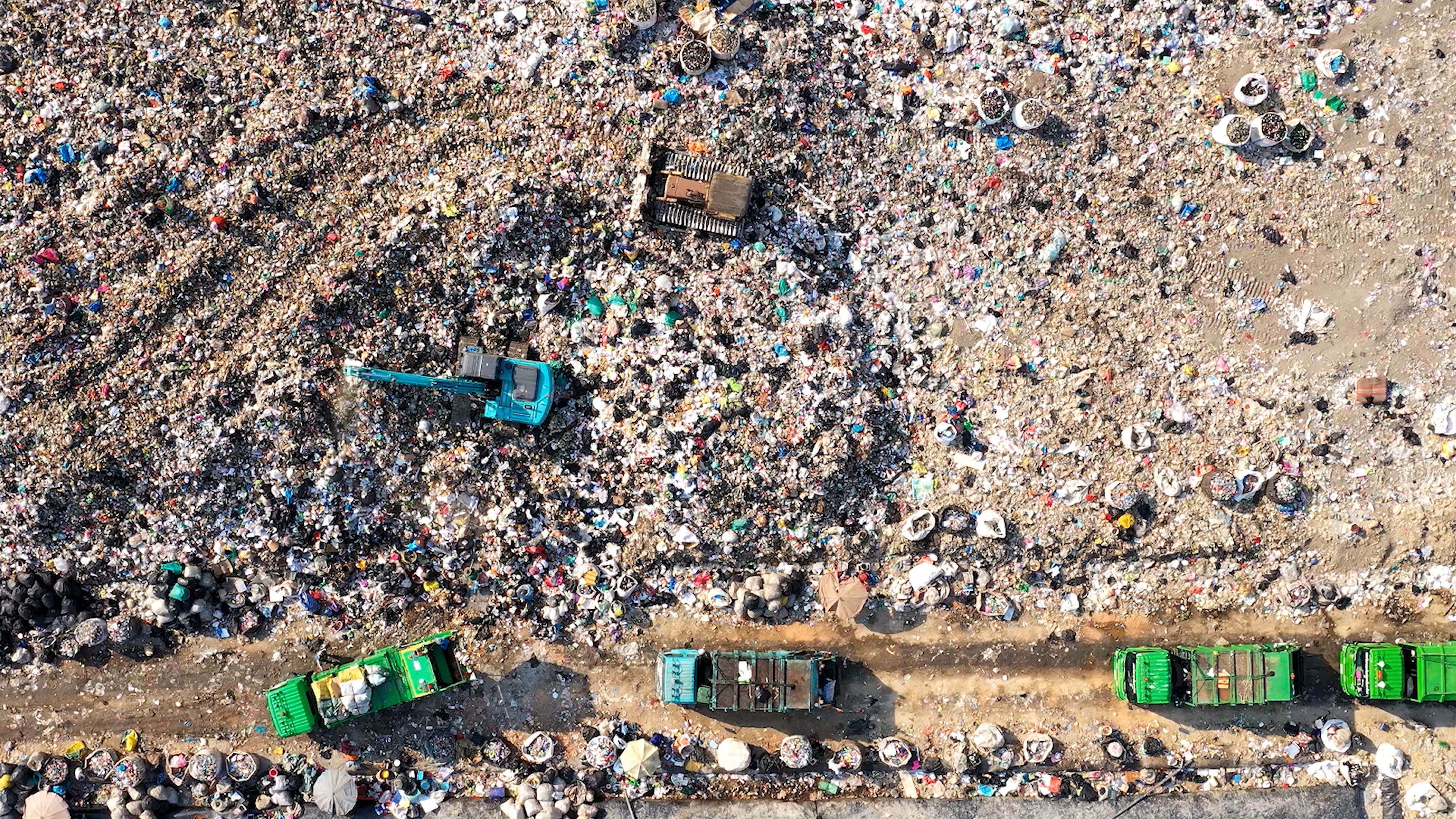
Many brands have already committed to using a minimum of 25% recycled content in their packaging by 2025, beyond the mandate on plastic bottles. As addressed in the previous roundtable article in this series, Sustainability and the chemicals industry – the problem with delaying the inevitable, regulation and consumer awareness have expedited the rate of industry change. A number of different taxes are being introduced in countries around the world, as well as existing voluntary initiatives, such as the Ellen MacArthur and WWF global Plastics Pacts, which gives the industry a significant backdrop of societal pressure and drive towards new world initiatives.
Chemicals giants are becoming increasingly interested in their part to play. LyondellBasell, aims to be a leader in plastics recycling, with a target of producing and marketing 2 million tonnes/year of recycled and renewable-based polymers by 2030. Packaging firm, Berry Global recently announced upgrades to the tune of $70m to support the demand for recycled content: “These investments are strategically focused on expanding our advantaged product portfolio to help our customers meet their sustainability needs, while concurrently driving innovation in anticipation of future sustainability needs in the flexible packaging market.” Jerry Lamarre, Executive Vice President and General Manager, Berry Global.
Despite the progress that has been made, it is not guaranteed that it will provide the global solution needed for meeting recycling targets by 2025, and there are additional regional differences to this issue: “Europe is ideally suited on feedstock because of the sorting process they have. In the US, that has to grow with us to be successful and that’s happening today. But it has to grow.” Ron Abbott, Sustainability Technical Manager, Chevron Phillip Chemical.
“For the development of chemical recycling in Asia, South America, and even the US, chemical recycling is a big focus, because there is this massive waste pollution issue that potentially chemical recycling could tackle a larger proportion of. But the problem is, there is no formulised structure in terms of handling that waste in order to support the supply chain to deliver that outcome.” Helen McGeough, Senior Plastics Recycling Analyst and Global Analyst Team Lead.
Another growing challenge involves financing projects, which is raising the cost of capital for fossil-fuel projects. Banks and investors are increasingly considering environment, social and governance (ESG) factors as part of their investment strategies – an area that ICIS clients can develop strategies for: “Analysts use ICIS to hedge risk, basically. But to do that, they need to really understand the market, and with the Analyse products, they can see the future trends in the pricing reports, with Insight, what's happened today, and the recycling trackers, the supply and demand angle. The analytics service clarifies the impact of those brand pledges around the legislation.” Mark Victory, Senior Analyst, Recycling at ICIS.
Much like mechanical recycling, the biggest hurdle to the success of chemical recycling is the supply of the feedstock – the plastic waste to be recycled – which is a broader problem, with many more players than just chemicals producers alone. This is also a relatively new phase of innovation; production is not yet at scale, and therefore yields appear lacklustre. The current production costs are higher than those for mechanical recycling, and the ultimate requirement – the efficiency of its environmental impact – remains unclear with no existing, large-scale independent cradle-to-grave LCAs (Life Cycle Assessments) proving its impact either way.
Yet, while some producers remain reticent of how they should transition into sustainability, other, early adopters remain positive of the overall benefits: “Initially quantities will be limited – we’ve communicated that to customers. But ultimately once [the industry] gets up and running, volumes will continue to grow from that point.” Ron Abbott, Sustainability Technical Manager, Chevron Phillip Chemical.
Longer-term, there is some certainty that chemical recycling can be complimentary to mechanical recycling overall. Chemical recyclers can potentially process waste that is not suitable for mechanical recycling, as well as provide food grade resins that are currently more constrained if produced via a mechanical route.
“With all the caveats involved, the mindset has shifted, it is complimentary to mechanical recycling now. And as mechanical recycling degrades the polymer, ultimately you could actually then put that material into chemical recycling. So, there could be an infinite loop between the two, as a potential solution in the future. That's not what people are planning for right now, but it could be something for the future.” Helen McGeough, Senior Plastics Recycling Analyst and Global Analyst Team Lead.
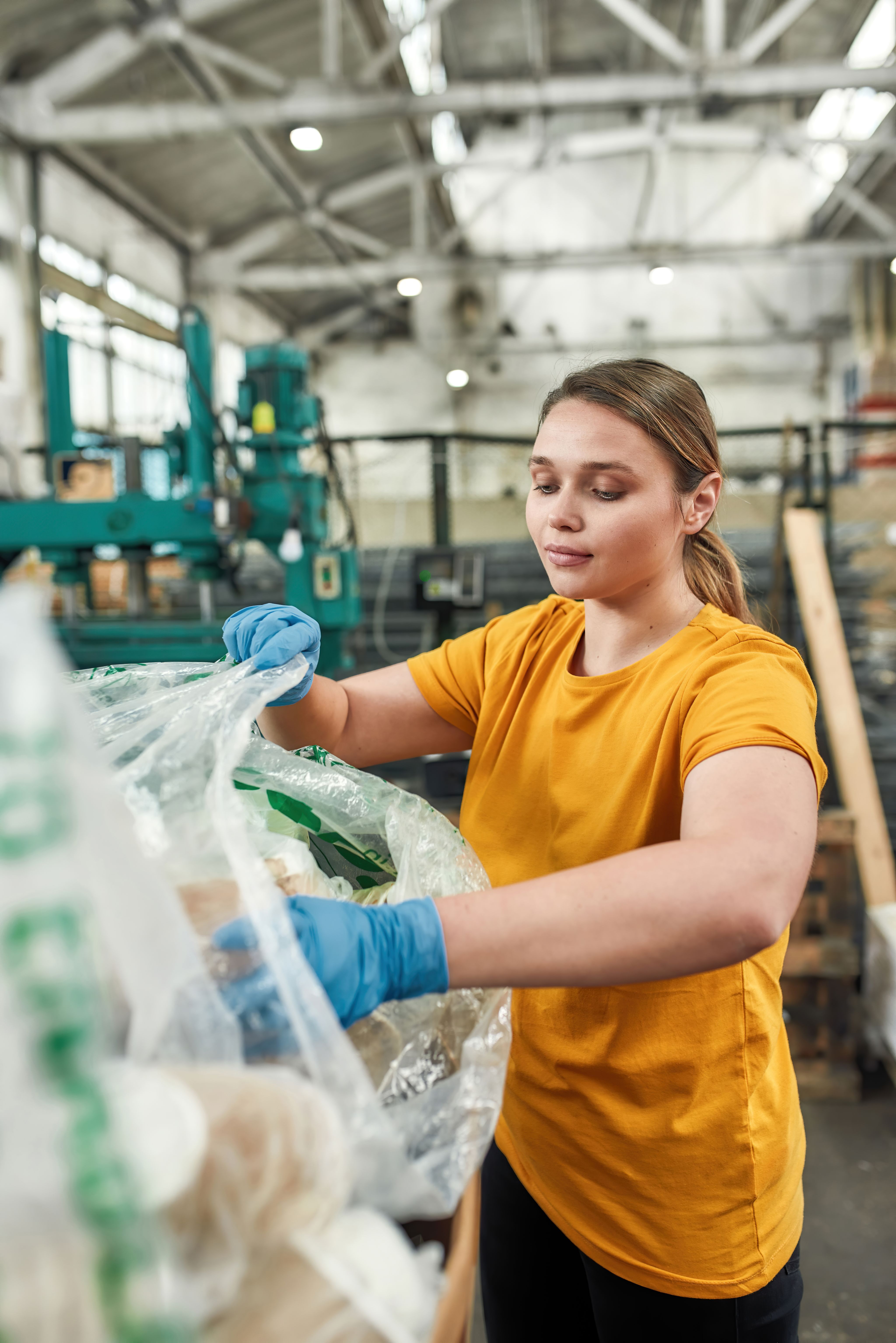


Final thoughts
“At ICIS, our strategy is focused on enabling our customers to make the right, time-sensitive strategic decisions that have an outsized positive impact on their key business drivers in the years to come.
We are committed to providing the appropriate data and services as the industry transitions to a more sustainable future.”
Redwan Hoque, Head of Chemicals Commercial Strategy, ICIS

“Don’t let the current supply chain issues distract you, I think is a very important point. Managing the short-term challenges that we see today in Europe shouldn’t lead to a loss of focus on your long-term vision of where you need to be in your sustainability strategy. Commitment to the use of recycling is self-perpetuating – as that's creating investment within the chain, by keeping that industry supported.
It's creating that long term certainty, those plants can keep operating, and they can expand and then capacity starts to grow. And then your supply demand imbalance starts to even out and benefit you in the long run.”
Helen McGeough, Senior Plastics Recycling Analyst and Global Analyst Team Lead
“ICIS cover prices and analysis all the way from the mixed plastic waste at the start of the chain, through to the mono-sorted bales, from the flakes through to the pellets. And we go through to the end use, the reprocessors’ capacity, the supply, the demand, we look at the future evolution of these markets.
So, what ICIS offer effectively, is helping them understand their exposure, understanding their risk, and helping them alleviate it. We take these very complicated markets and supply chains, and help to simplify them.”
Mark Victory, Senior Analyst, Recycling, ICIS
“With a greater focus on ESG and circularity by brand owners, the chemicals and plastics industries are allocating more capital spending on plastics recycling to meet their customers’ needs. There is growing momentum in chemical recycling of plastics in particular, as this is the only realistic way sufficient volumes for applications such as food packaging can be produced. However, collection and recycling systems must be reimagined and optimised to provide enough feedstock for future needs. Along with the huge challenges across the chain, there are also major opportunities for those putting effort into finding innovative solutions.”
Joseph Chang, Global Editor, ICIS Chemical Business
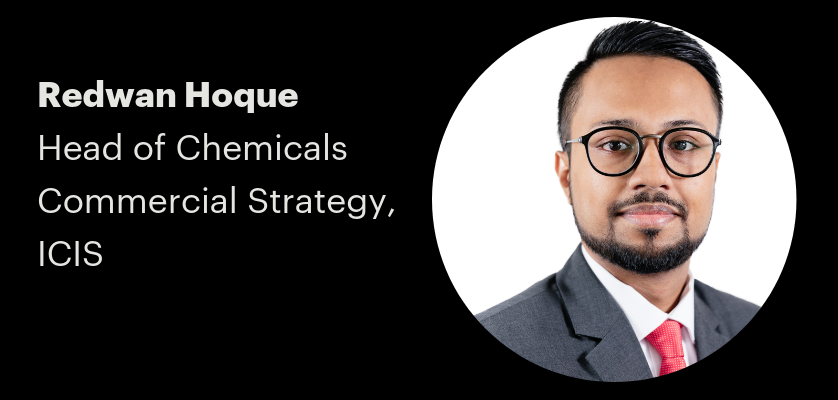
Chemical recycling supply tracker The world’s first tool to bring transparency to the chemical recycling industry. It is a comprehensive directory of potential suppliers and volumes of reprocessed capacity in the chemical recycling space. In one view, you can understand each supplier's output (and input), different grades, and also view overall capacity for each grade by region. This new ICIS product is vital for companies making investment decisions, for those new to the market, or looking to expand their supplier base.
For all of these questions, ICIS Insight and Analyse forecasting and analytics, as well as ICIS recycling trackers - chemical and mechanical - can provide data and depth behind the numbers, delivered through insights articles and conversations directly with the analysts themselves.
Whilst markets are increasingly difficult to clarify, ICIS executives encourage calls regarding individual needs and questions, providing an independent, authoritative voice to internal predictions.
Speak to us to find out more about ICIS' chemicals forecasting and analytics.
Read more from the ICIS chemicals roundtable series:
The global supply crisis: can analytics provide a way forward?
Sustainability and the chemicals industry – the problem with delaying the inevitable